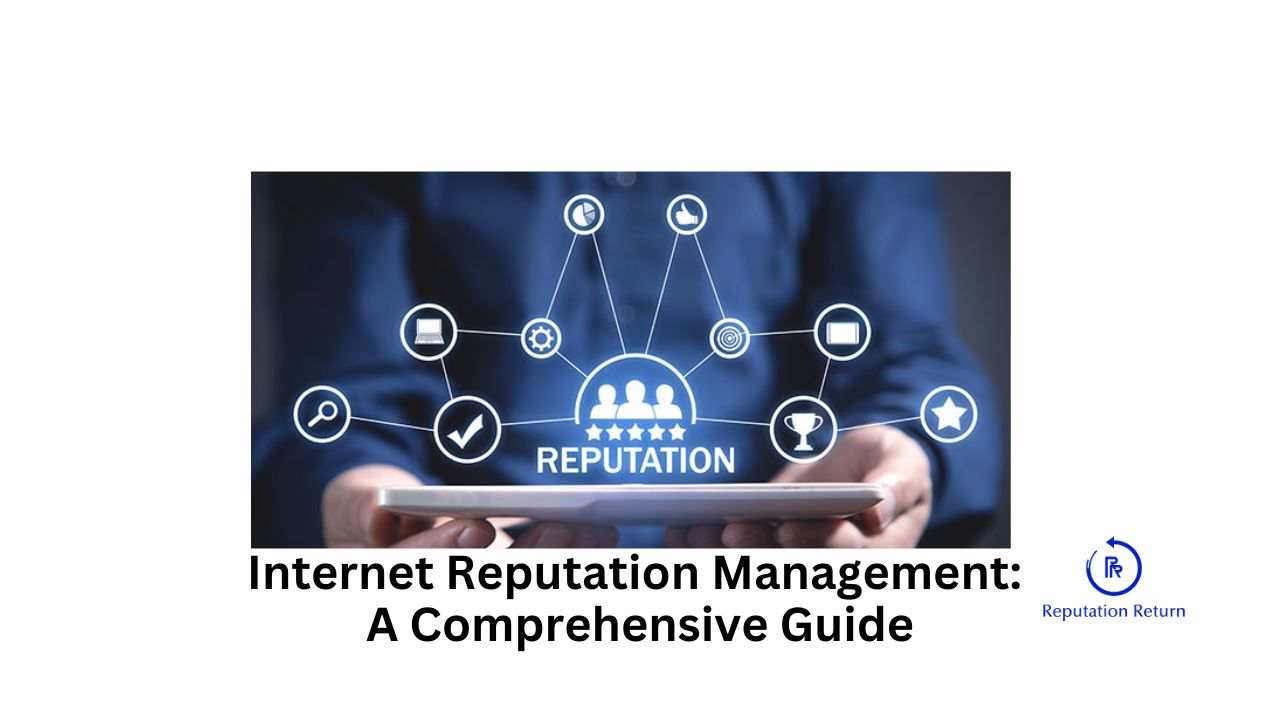Managing your online reputation has become crucial regardless if you are doing reputation as a individual or a business. The Internet’s vast reach can amplify both positive and negative perceptions, making it essential to understand and implement effective strategies for Internet reputation management. This guide explores potential problems, proven solutions, the importance of a proactive approach, and how reputation management can be part of the solution.
Similar Terms People Use to Describe Internet Reputation Management
Internet reputation management is a term that encompasses various related phrases used to describe the same concept. These include:
-
- Online Reputation Management (ORM): The most commonly used term, referring to the practice of influencing and controlling an individual’s or organization’s reputation on the internet.
-
- Digital Reputation Management: Similar to ORM, it focuses on managing reputation across all digital platforms, including social media, blogs, and review sites.
-
- Personal Branding: While often associated with professionals and celebrities, personal branding involves managing how one is perceived online.
-
- Corporate Reputation Management: Pertains specifically to businesses, focusing on maintaining a positive image in the eyes of stakeholders and customers.
-
- Online Image Management: A broader term that includes managing both reputation and the visual representation of a person or business online.
-
- Reputation Repair: The process of rebuilding a damaged online reputation through various strategies and techniques.
Potential Problems
The Internet can be a double-edged sword when it comes to reputation. Potential problems include:
-
- Negative Reviews: Customer feedback on sites like Yelp, Google Reviews, and TripAdvisor can significantly impact a business’s reputation. Negative reviews can deter potential customers.
-
- Social Media Backlash: A single negative post on platforms like Twitter or Facebook can go viral, leading to widespread negative publicity.
-
- False Information and Rumors: Misleading or false information spread online can tarnish an individual’s or organization’s reputation, often requiring substantial effort to correct. We help you eliminate or suppress online rumors about you.
-
- Competitor Attacks: Competitors may engage in unethical practices, such as posting fake negative reviews or spreading rumors to damage your reputation.
-
- Past Mistakes Resurfacing: The internet never forgets, and past mistakes can resurface, affecting current reputation despite changes or improvements made over time.
Proven Solutions
Effective internet reputation management involves several proven strategies:
-
- Monitoring: Regularly monitoring online mentions, reviews, and social media conversations using tools like Google Alerts, Hootsuite, or specialized ORM services helps in staying informed about what is being said.
-
- Engagement: Actively engaging with customers and addressing their concerns promptly can mitigate negative feedback. Responding to reviews, both positive and negative, shows that you value customer opinions and are committed to improvement.
-
- Content Creation: Creating positive content, such as blog posts, press releases, and social media updates, can help in pushing down negative search results. High-quality content that highlights achievements and positive aspects can improve online perception.
-
- SEO Optimization: Optimizing your website and content for search engines can help in ensuring that positive information appears at the top of search results, pushing negative information further down.
-
- Legal Action: In cases of defamation or false information, legal action may be necessary. Consulting with legal experts can help in removing harmful content from the internet.
Being Proactive
A proactive approach to reputation management can prevent problems before they arise. This involves:
-
- Building a Strong Online Presence: Establishing a robust online presence through a well-designed website, active social media profiles, and positive content helps in creating a buffer against negative information.
-
- Encouraging Positive Reviews: Actively encouraging satisfied customers to leave positive reviews can help in building a strong reputation. Incentivizing reviews or simply asking for feedback after a positive interaction can be effective.
-
- Crisis Management Planning: Having a crisis management plan in place ensures that you can respond quickly and effectively to any negative incidents. This includes having a designated team or individual responsible for handling such situations. We also help you with reputation crisis management.
-
- Transparency and Honesty: Being transparent and honest in your dealings fosters trust and loyalty among your audience. Admitting mistakes and showing a willingness to improve can turn negative situations into opportunities for growth.
Reputation Management as Part of the Solution
Implementing a comprehensive reputation management strategy is vital for long-term success. Here’s how it fits into the overall solution:
-
- Continuous Improvement: Reputation management is not a one-time effort but an ongoing process. Regularly updating strategies based on new trends and feedback ensures sustained positive perception.
-
- Integration with Marketing: Reputation management should be integrated with your overall marketing strategy. Positive content creation, SEO, and social media engagement all contribute to both reputation and marketing goals.
-
- Leveraging Technology: Utilizing technology, such as ORM tools and software, can streamline the process of monitoring and managing your online reputation. Automation can help in identifying issues quickly and responding promptly.
-
- Professional Assistance: Engaging with professional ORM services, such as Reputation Return, can provide expert guidance and resources for effectively managing and improving your online reputation. These professionals have the experience and tools necessary to address complex reputation issues.
Internet reputation management is essential in today’s digital world. Understanding the related phrases, potential problems, and proven solutions is crucial for effectively managing your online image. A proactive approach, combined with continuous improvement and professional assistance, can help in building and maintaining a positive reputation. By integrating reputation management into your overall strategy, you can ensure that you are perceived in the best possible light, fostering trust and success in the long run.
Do you have questions? Contact us now >>>

